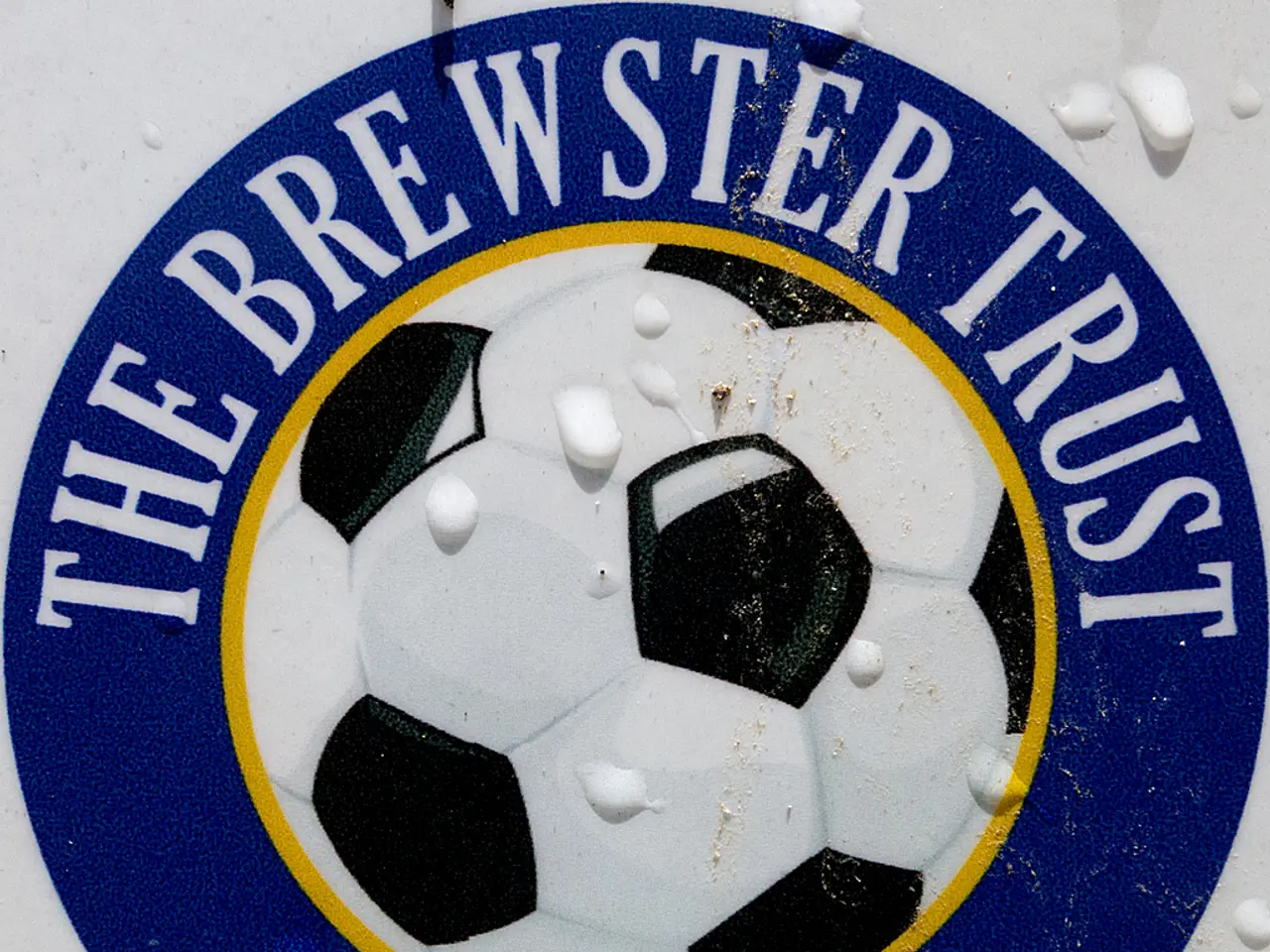Sports organizations persist in advocating for sports betting platforms to utilize their specific data sets.
In a move that could reshape the American sports and betting landscape, professional sports leagues across the United States, including those in Ohio, are seeking exclusive rights to their sports data in betting markets. This strategic push, despite potential conflicts with established intellectual property principles, is driven by several motivations.
Revenue Generation and Market Control
Exclusive control over real-time sports data allows leagues to monetize their content by licensing it to sportsbooks and betting operators. This new income stream has become increasingly important as legalized sports betting expands across states like Illinois, Tennessee, and potentially Ohio.
Moreover, holding exclusive data rights helps leagues manage the integrity of betting markets by ensuring accuracy and reducing the risk of fraud or corruption. Firms like Sportradar, partnering with leagues and event rights holders, act as integrity partners by monitoring betting patterns in real-time.
Competitive Advantage
Exclusive data rights create a competitive edge by limiting access for rival sportsbooks or data aggregators, compelling those operators to pay for official data feeds rather than using unofficial, potentially less accurate sources. This is particularly valuable in a rapidly growing US market transitioning towards regulated, online sports betting.
IP Law Conundrum
While intellectual property law generally does not grant ownership over facts or raw data, leagues argue that the compilation, real-time aggregation, and commercial exploitation of that data generate proprietary value worth protecting through exclusive contracts. This approach relies more on contract law and commercial agreements with data distributors than on copyright over the data itself.
Historical Precedents and Controversies
Sports leagues did not express concerns about the dissemination of data when sports betting was legal in Nevada since 1961. However, in 1994, Motorola introduced a beeper-type device for keeping fans updated on pitch-by-pitch MLB games, but was sued by the league. The U.S. Second Circuit Court of Appeals dismissed most claims made by the NBA, thereby allowing beeper manufacturers and third-party sports data collection firms to collect sports statistics with impunity.
The pro sports lobby has been successful in obtaining new, special intellectual property rights as a matter of state law, according to law professor Marc Edelman. However, he points out that numerous court cases have made clear that under traditional doctrines of intellectual property law, sports teams do not enjoy a monopoly over the collection and licensing of their own game statistics.
Implications for Free Market Competition
Edelman warns state legislatures that granting exclusive rights to sports data goes beyond the law and may curtail free market competition. He suggests that allowing free market competition is the best course of action for the collection and sale of sports statistics.
The Illinois sports betting market and Tennessee have already mandated sportsbooks to use official league data for live and prop bets. Ohio's professional sports teams have asked for sports betting bills to mandate the use of official league data, sparking debate among lawmakers and legal experts.
As the emerging world of sports gambling causes concerns for sports leagues about how to allocate revenues justly, the ongoing discussions around data rights and intellectual property will shape the future of sports betting in the United States.
- Leagues in Ohio, seeking exclusive rights to their sports data in betting markets, strive to monetize their content through licensing to sportsbooks, capitalizing on the expanding legalized sports betting market in states like Illinois, Tennessee, and potentially Ohio.
- Exclusive control over sports data allows sports leagues to establish a competitive advantage by limiting access for rival sportsbooks, compelling them to pay for official data feeds rather than relying on unofficial sources, particularly valuable in the rapidly growing and transitioning US market towards regulated, online sports betting.






